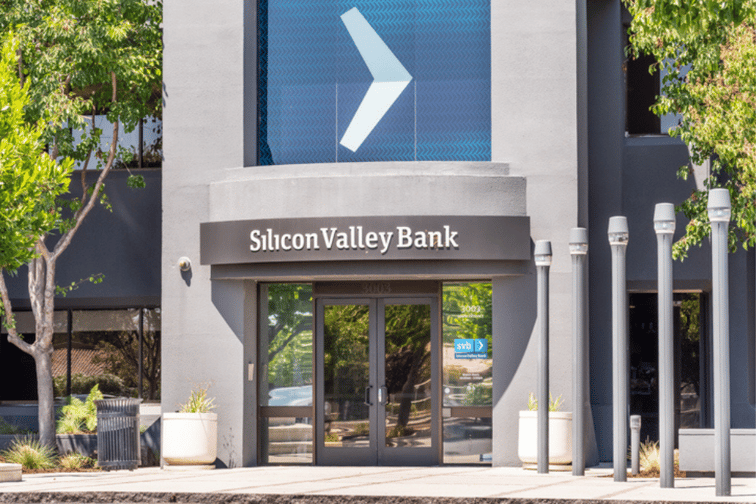

Fitch Ratings has released an analysis of US insurers’ exposure to recent failed banks, including SVB.
Insurers’ direct investment exposure to the failed banks is modest, the analysis said, with an estimated total of just $1.16 billion.
“Insurers’ stable liability and funding profiles will generally enable them to hold bonds until maturity, reducing pressure to sell them at a loss,” Fitch said in its analysis. “However, financial system interconnectedness and second-order effects could present short-term challenges.”
Analysis by AM Best corroborated that US insurers’ exposure to bonds issued by the now-failed Silicon Valley bank is relatively small.
The insurance rating agency said only eight insurers have bond exposures greater than 2% of their capital and surplus, with the highest being less than 5%.
Despite the minimal exposure, AM Best warned that “ramifications for equity portfolios could be more significant.”
Five US insurers have equity exposures concentrated in the broader bank and trust sector that are greater than their capital, according to the analysis, and 17 have exposures totalling at least half their capital.
"Insurers that conduct detailed analysis on the impact of rising interest rates on their asset-liability portfolios and manage their impacts through capital and other risk management tools will fare better in those events than those that are less well-managed," said Jason Hopper, associate director, industry research and analytics, AM Best.
SVB, which catered primarily to higher-risk tech startups, suffered as higher interest rates made it harder for financially strapped venture capital firms to access funding. As a result, many pulled their deposits from the bank.
According to AM Best, providers of director and officers (D&O) insurance for startups and venture capitalists could have faced significant claims could have faced significant financial distress.
“Since startups are by nature much more agile and less risk-averse than other companies, their directors and officers often make decisions quickly,” said David Blades, associate director, industry research and analytics, AM Best. “Therefore, the potential for D&O claims for startups would have been high in the case government had decided not to help the depositors.”
What are your thoughts on the SVB crisis and its impact on insurers? Feel free to comment below.
